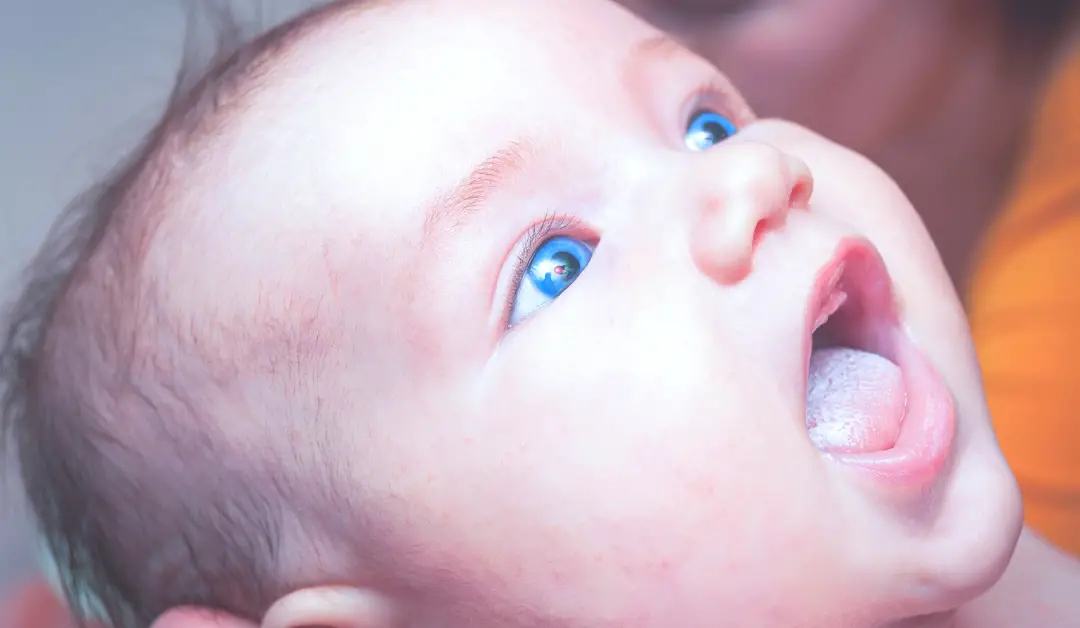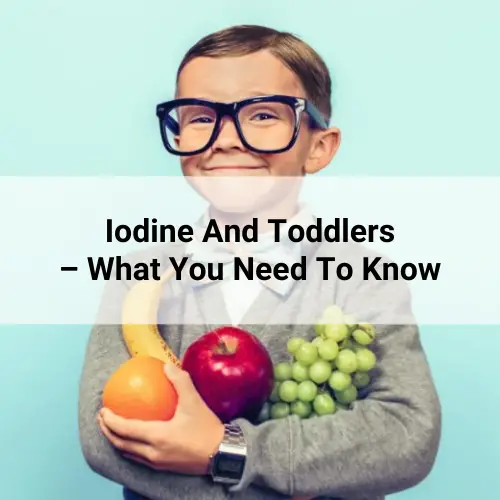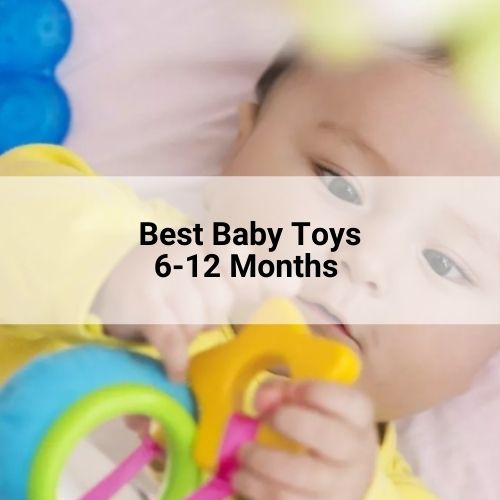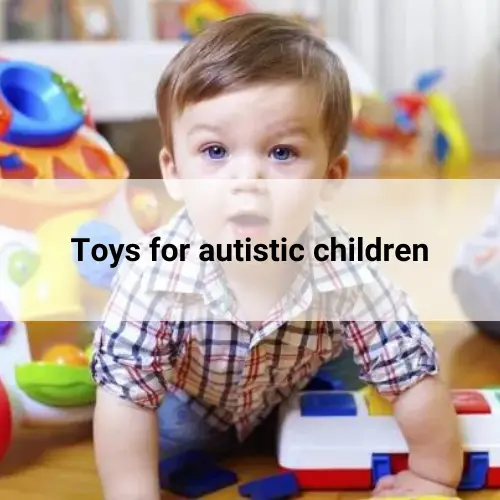Table of Contents
Most babies struggle with teething.
On the contrary, most babies produce teeth with little or no problems. Some babies, however, may dribble a lot contributing to rashes on their face. Others can be irritable and go off their food. Some even go on to develop fever and other infections. Chamomile tea will help with all the above symptoms but be careful. You should have your child examined to rule out any bigger concern underlying these varied symptoms.It is hard to tell when your baby’s first tooth will come out.
It is a good idea to start examining your baby’s gums when they reach about 5 months of age. Whilst many would produce teeth without problems, you could always keep an eye out for blisters on gums that could cause pain. If you notice these or red and swollen gums, give your child a teether that could be placed in a freezer few hours beforehand to help soothe the inflamed area. Rubbing the gums twice a day with sesame oil will also help. Of course, before you do this – be mindful that sesame allergy is rarer but just as deadly as peanut allergy.You should wait until all milk teeth have appeared before visiting your dentist.

It is good for babies to be born with teeth in early stages of eruption.
In fact it is a rare condition and potentially one needing intervention. Most children’s teeth do not erupt earlier than 5 months by which time children are significantly more robust. Being born with a visible tooth can have many complications like the tooth moving around and causing pain, dislodging itself and getting trapped in the airways, causing a breastfeeding mother discomfort leading to early termination of breastfeeding and ulceration to the baby’s tongue. Regardless of some positive myths that surround this condition, a course of action is best established immediately with a dentist.Milk teeth can erupt quite fast.
Not always. It depends on many factors and we don’t exactly understand yet what they are. Even siblings can experience markedly different rates of eruption. Having said that, a lot of babies experience gradual eruption. If this is happening to your child, you may find yourself getting impatient but hang in there! It may take weeks for you to be able to see a clear white tooth in there!It is safe to give babies paracetamol to help with teething pain.
Calpol and other liquid paracetamol brands are certainly a staple in most parents’ cupboard but are they safe? Whilst a spoonful of liquid paracetamol may give you and your baby that night’s rest you desperately need, use with caution. Not only does children’s paracetamol contain high amounts of sugar, it also is easy to overdose on it. Paracetamol is the greatest cause of acute liver failure in UK and since it is present in many over the counter drugs, you may not be aware that the cough syrup and flu remedy you are giving your child have paracetamol same as the syrup that you may be using to reduce their fever and provide pain relief. Always read labels and speak to your pharmacist about correct dosage especially if using more than one product.You have to stop breastfeeding a baby once they have teeth.
You can safely feed your baby for long after their teeth emerge. If breastfeeding is going well for you, it would be a shame to stop for this reason. Most babies are only 5 months old when their first tooth erupts and that is still too young to wean onto solids. If you are worried about being bit, it is important to relax yourself whilst feeding. You may be bit and you may feel pain and you may yell in pain and surprise. Most children will feel started by this reaction and may even cry but it’s a good time to start teaching them that biting hurts. Many mothers successfully continue feeding despite milk teeth and their children learn not to bite during these special moments.Low sugary food items are safest
This seems like a good idea but its not just the sugar content that damages teeth. It is also the duration that teeth are exposed to sugar that can cause problems. It is best to stick to milk for babies and as they turn into toddlers to stick to water between meals. The highly addictive nature of sugar can mean that children can struggle to come off it voluntarily potentially causing you problems later down the line. Also beware of giving low sugar drinks to children as they often contain artificial sweeteners, particularly saccharine, that can cause bone defects and are therefore not recommended for growing children.

Bad milk teeth cannot lead to bad adult teeth.
Baby teeth can develop cavities by over exposure to sugar and poor hygiene. You may religiously ban fizzy drinks in your household but the dried mango and strawberry leathers can also wreck havoc on children’s primary teeth. Many people commonly presume poor hygiene and poor diet cannot be such a big issue for small kids as far as their teeth go because they are supposed to fall out, right? However, early cavities can not only be painful and traumatic for children, they can also lead to abnormalities in jaw development and poor speech patterns. The baby teeth are also placeholders for adult teeth and it is a good idea to avoid infection and trauma to the roots as much as possible. If your child complains of toothache or cavities, take them to the dentist and improve their diet and hygiene. If you catch it early, you can reduce the chances of developing further problems.Fluoride toothpaste should be rinsed out after brushing.
Many people have a love or hate relationship with Fluoride. And indeed, you may wish to do your own research into dental fluorosis: in mild cases a cosmetic damage to teeth. It only occurs during formation of teeth and most critically at the age of 2. It is important to emphasise that this only happens if children consume too much fluoride. The reason in favour of fluoride is its the one substance found to protect tooth enamel. Many people make their children brush their teeth with fluoride toothpaste and then rinse their mouth. This is, however, counter productive. If you use fluoride toothpaste, use small streak of paste for babies and do not rinse their mouths after otherwise the fluoride will get washed out. For toddlers, you can use small pea sized amount. Encourage your children not to swallow the toothpaste and spit at the end. You can use this fluoride free training toothpaste as a starter. Click here for product details.Your baby teeth are completely replaced by age 12.
Mostly baby teeth are replaced by their permanent counterparts by the age of 12 – 14 years. Occasionally baby teeth can hang on and there can be a number of reasons for this. Sometimes an adult tooth is absent or the adult tooth is misaligned and cannot erupt. In such cases, the roots of baby teeth do not dissolve and may hang on for the person’s lifetime. This could potentially be fine but still needs to be kept an eye on by a dentist. We hope that after reading through these, you are more informed and less trepidatious about your little one’s dental health. As we have seen, sugar is a problem but if consumed in moderation and accompanied by good hygiene, you need not live in fear of it. Be mindful of using pharmaceutical pain relief containing paracetamol and consult your dentist as soon as you can.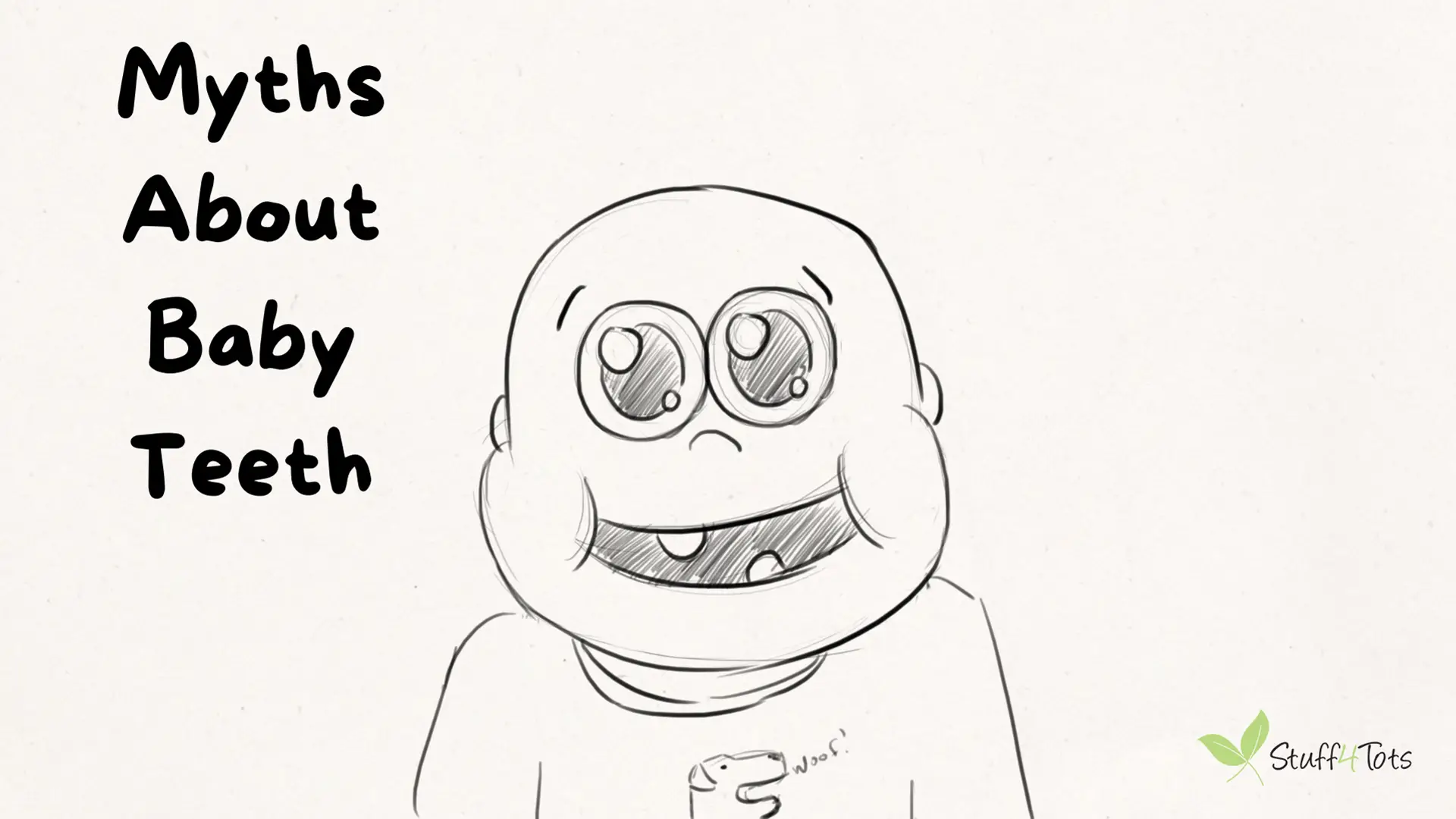
Related Articles:
